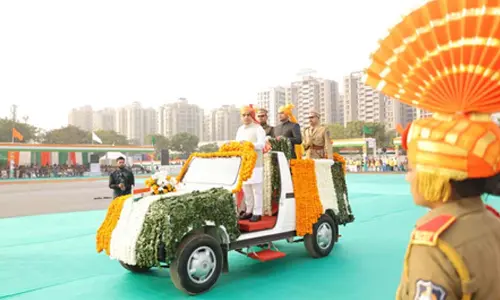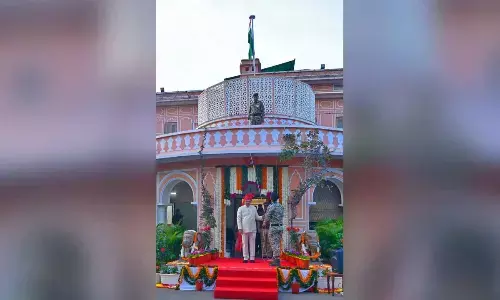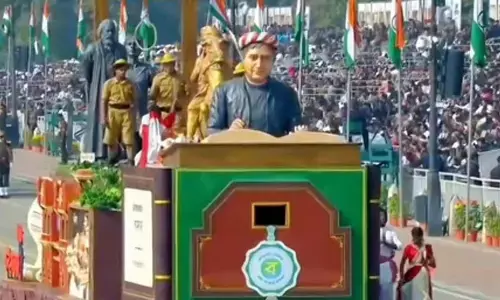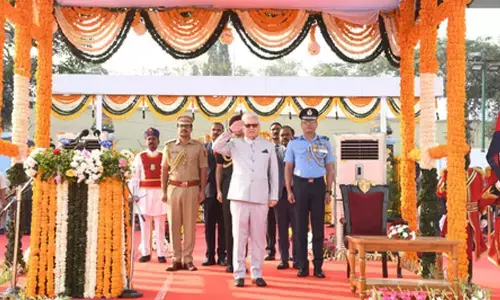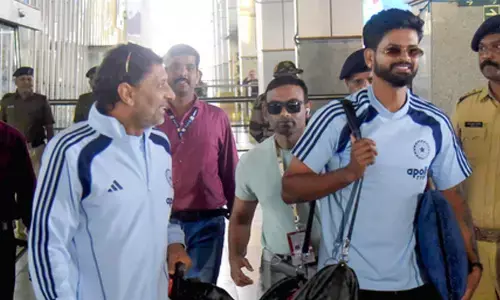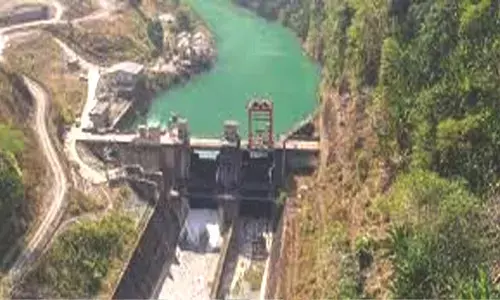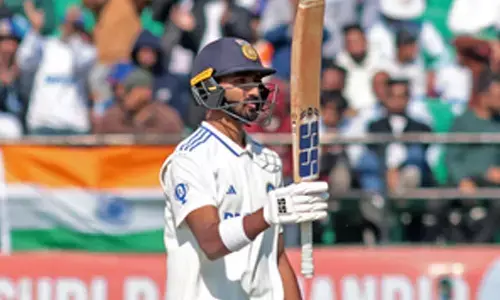Making G20 a catalyst for global change
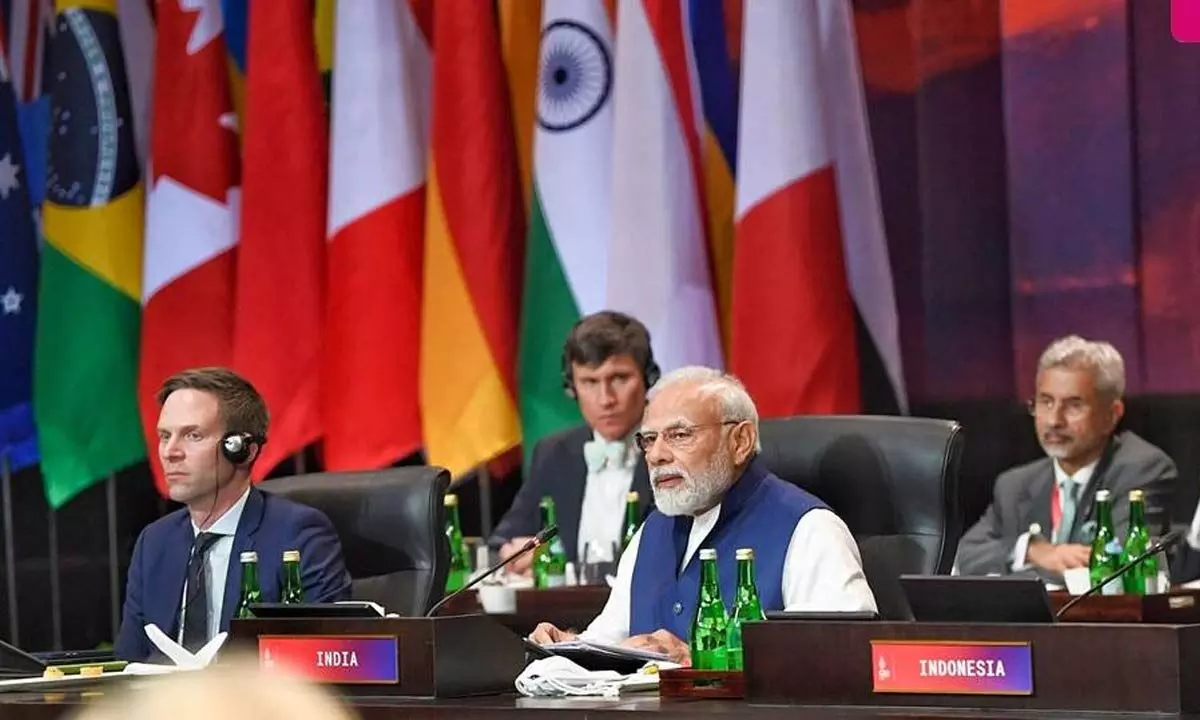
Prime Minister Narendra Modi
India's assumption of the Presidency of the G20 comes with several challenges.
India's assumption of the Presidency of the G20 comes with several challenges. The world has not only grown smaller in a sense, but also has grown more complicated with 'local' priorities dominating its diplomacies. No country is immune to its national priorities and none could preach a holistic view full of compassion and understanding while ignoring national interests. If any country does so, it will be doing so at its own peril. That is the new world order. There are several groupings in the world such as the United Nations and the UN Security Council that had come into being soon after World War II creating a new order.
G7 is said to reflect the same world order born out of a similar outlook. But G20 is different. This is all about an emerging order and includes all the major economies. G20 controls 85 per cent of the global GDP, 75 per cent of international trade and two-thirds of the world population. Its focal points now include climate change, terrorism and counter-terrorism measures and the challenges to energy and health. These are all genuine concerns which every country faces. India only faces those much more with neighbours like Pakistan and China. However, there are no limitations to its choice as it could take up any issue that it feels fit to be addressed. Economically, it has eight work streams of its 'finance track,' 12 streams of 'sherpa tracks' and 10 engagement groups of private sector and independent bodies.
So how does India handle its responsibilities? India has been a member of the G20 since its inception in 1999. It has always ensured that its view does not go unnoticed. Its one year term begins on December 1 this year and it has already set its tone and tenor to tackle the Russia-Ukraine conflict by pleading. The world was slowly recovering from the pandemic when the conflict hit it and fears of a global recession are strong now. The fact that developing countries will face the brunt of the conflict and suffer should make the G20 aware of its responsibilities as it is a grouping of not only developed countries but also developing countries.
Prime Minister Narendra Modi has been laying emphasis on the larger public good as criteria for global cooperation from the very beginning. India will now have to set the agenda for international priorities, global concerns and rally the countries in ensuring support for energy, agriculture, trade, digital economy, health and environment, employment, tourism, women empowerment and terror concerns. It also will be identifying the most disadvantaged groups (of countries) and special areas to be focused upon during the one year.
Modi will have his hands full dealing with his domestic and international agendas. To focus more on the latter, he needs a stable atmosphere within India first. This could have its bearing on Indian politics too to some extent. Modi cannot fail the G20 as it is the country's reputation that will be at stake. Not an easy time for the responsibility to be shouldered. Yet, India got to do it as its power rises in the world order in every sense. Modi might even start India's term dealing with the Russian-Ukraine conflict first which has the potential to ease the situation on many fronts. Best wishes to India...and to Mr Modi.








